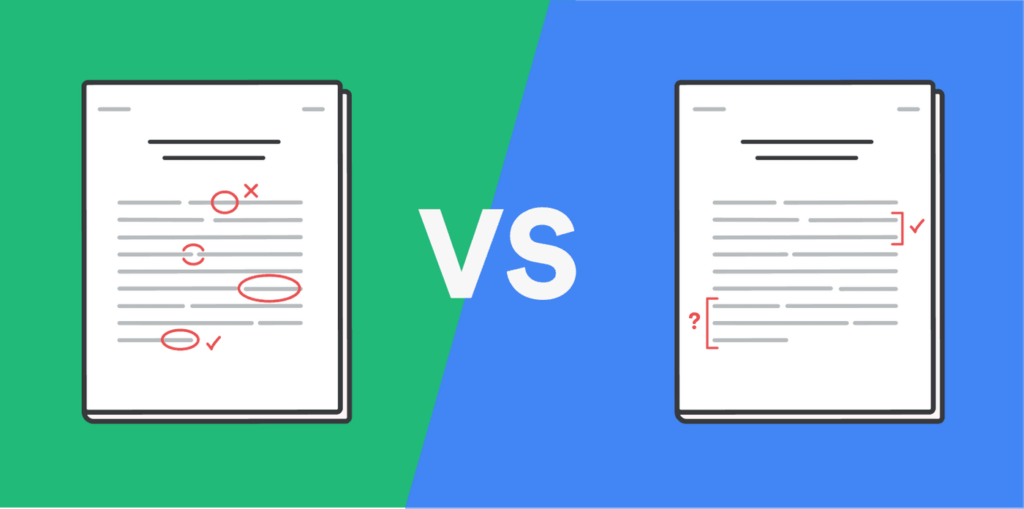Writing an economics dissertation can be a daunting task, but with the right strategies and mindset, you can navigate this complex process successfully. This article presents seven powerful tips that will guide you through each stage of writing your dissertation, ensuring that your work is not only rigorous but also impactful.
Tips For Writing An Economics Dissertation
1. Choose a Captivating Topic
The foundation of a successful dissertation lies in selecting a captivating topic. Your topic should not only interest you but also contribute to the field of economics. Here are some considerations:
- Relevance: Ensure that your topic addresses current economic issues or gaps in existing literature.
- Feasibility: Assess whether you can gather sufficient data and resources within your timeframe.
- Interest: Choose a topic that excites you; passion fuels productivity.
2. Develop a Comprehensive Research Plan

Once you’ve selected your topic, the next step is to create a comprehensive research plan. This plan should outline your objectives, methods, and timeline. Key components include:
- Literature Review: Summarize relevant studies to frame your research question.
- Methodology: Decide on qualitative or quantitative methods based on your research goals.
- Timeline: Set milestones to keep yourself accountable throughout the writing process.
3. Structure Your Dissertation Effectively
A well-organized dissertation enhances clarity and readability. Consider using the following structure:
- Introduction: Present your research question and its significance.
- Literature Review: Discuss previous research and identify gaps.
- Methodology: Explain your research design and data collection methods.
- Results: Present findings clearly, using tables and graphs where appropriate.
- Discussion: Interpret results and discuss their implications for economic theory or policy.
- Conclusion: Summarize key findings and suggest areas for future research.
4. Gather Data from Credible Sources
Data collection is crucial for supporting your arguments. Use reputable sources such as:
- Peer-reviewed journals
- Government reports
- Academic books
Ensure that the data you collect is up-to-date and relevant to your research question. Utilizing diverse sources will enrich your analysis.
5. Construct a Strong Argument
Your dissertation should present a compelling argument supported by evidence. Follow these steps:
- Critical Analysis: Evaluate different viewpoints and counterarguments.
- Logical Flow: Ensure that each section logically leads to the next.
- Evidence-Based Claims: Back every assertion with data or citations from credible sources.
6. Revise and Edit Thoroughly

Editing is essential for producing a polished dissertation. Focus on:
- Content Review: Check for clarity, coherence, and logical consistency.
- Grammar and Style: Correct grammatical errors and ensure adherence to academic writing conventions.
- Formatting: Follow specific guidelines for citations, references, and overall formatting.
Consider seeking feedback from peers or advisors to gain fresh perspectives on your work.
7. Prepare for Presentation
Finally, preparation for presenting your dissertation is key. This includes:
- Practice Presentations: Rehearse your presentation multiple times to build confidence.
- Visual Aids: Create engaging slides that summarize key points without overwhelming detail.
- Anticipate Questions: Prepare answers for potential questions from your audience.
Also Read : Where Can Botany Students Find Dissertation Examples About Agriculture
Conclusion
Writing an economics dissertation is an intricate process that requires dedication, organization, and critical thinking. By following these seven powerful tips—selecting a captivating topic, developing a comprehensive research plan, structuring effectively, gathering credible data, constructing strong arguments, revising thoroughly, and preparing for presentation—you will set yourself up for success.
FAQs
What is the best way to choose a dissertation topic in economics?
Look for topics that are relevant to current economic issues and align with your interests.
How important is the literature review in an economics dissertation?
It is crucial as it frames your research question and demonstrates your understanding of existing studies.
What types of data should I use in my dissertation?
Use credible sources such as peer-reviewed journals, government reports, and academic books.
How can I ensure my argument is strong?
Support each claim with evidence from reliable sources and ensure logical flow throughout your dissertation.
What should I focus on during the editing process?
Concentrate on clarity, coherence, grammar, style, and adherence to formatting guidelines.

